Cities on Screen is curated by Jason Alley, Postdoctoral Fellow in Anthropology, in conjunction with his Urban Anthropology class and the Tuesday Film/Media Series.
Wednesday, September 2 at 7pm
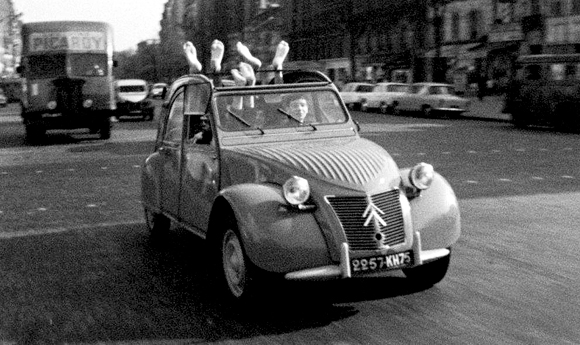
Le Joli Mai
Chris Marker and Pierre Lhomme (France 1963) DCP.
Translated as The Lovely Month of May, Chris Marker and Pierre Lhomme take to the streets in their sardonic survey of Paris circa 1962. Emboldened by the technological possibilities of lightweight, synchronized sound filmmaking, Marker and Lhomme fix their verité eyes and ears on Parisians as they muse on, pontificate about and blissfully ignore the politics of the day. If the early 20th century gave birth to the city symphony, a cycle of films celebrating the marvels of the modern metropolis, Le Joli Mai ups the ante—giving viewers a pointed portrait of the quotidian details and pre-’68 tensions of everyday life. Be prepared for some cacophonous music.
Wednesday, October 7 at 7pm

Ten
Abbas Kiarostami (Iran 2002) 35MM.
Ten deliberately plays with the title of this series—Cities on Screen—for the glimpse we get of Tehran is unlike any we might expect from such an innocuously titled work. Originally shot on digital video, Ten offers up a series of vignettes that revolve around a woman, played by Mania Akbari, as she drives herself and others around the city. Along the way, we play witness to dramas that distill the gendered complexities of family life, selfhood and desire in contemporary Iran. Though minimalist from A to Z, in Kiarostami’s universe less is always more. As Werner Herzog proclaimed, “We are living in the era of Kiarostami, but don’t yet know it.”
Tuesday, October 20 at 7pm
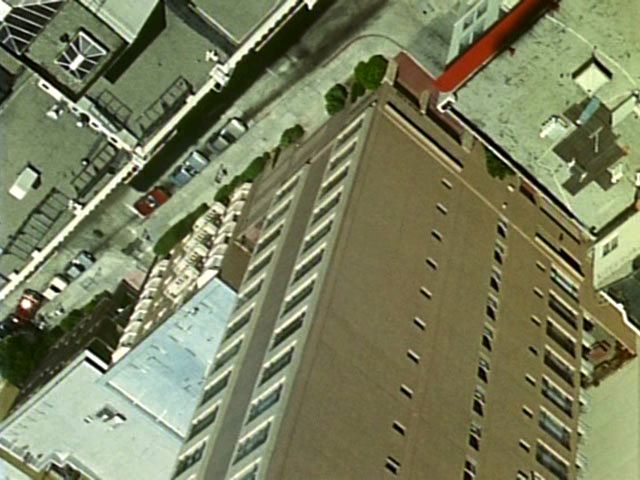
SIDE/WALK/SHUTTLE
Ernie Gehr (U.S. 1991) 41 min. 16MM.
Initially inspired by an outdoor glass elevator and the visual, spatial and gravitational possibilities it presented, Gehr created a master work on par with his avant-garde classic Serene Velocity (1970). Informed by the artist’s personal reflections on a lifetime of displacement and his interest in panoramas and the urban landscape of San Francisco, Side/Walk/Shuttle “is pure sensation: it has the effect of a slow-motion roller coaster. The camera’s stately swoops and stomach-dropping descents obliterate all sense of gravity. San Francisco is so viscerally and obsessively transformed that Gehr might honorably have titled his movie Vertigo” (J. Hoberman, The Village Voice).
Playing with
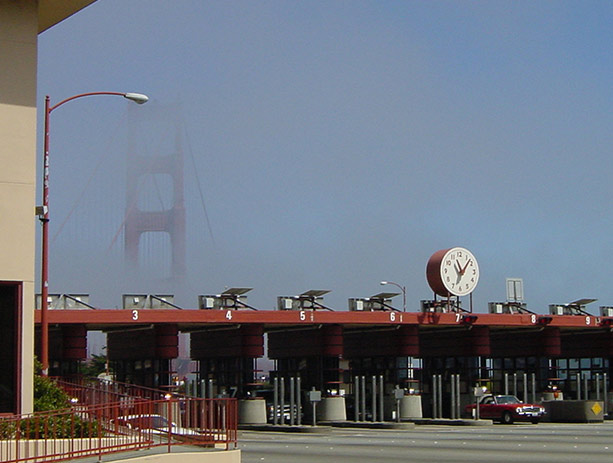
THE JOY OF LIFE
Jenni Olson (U.S. 2004) 65 min.
Olson’s doc-narrative-experimental hybrid charts the life, loves and losses of a butch dyke in San Francisco, lyrically narrated by Los Angeles artist Harriet “Harry” Dodge (By Hook or by Crook). Lust, grief over a friend’s suicide, the making of Frank Capra’s Meet John Doe (a 1941 Hollywood story of suicide) and the previously untold history of the Golden Gate Bridge as a suicide landmark merge in a rumination on physical and emotional geographies. Program introduced by Jason Alley, Postdoctoral Fellow in Anthropology. Co-presented with the Department of Sociology & Anthropology. This program is part of Alley’s semester long series “Cities on Screen.”
Wednesday, November 4 at 7pm
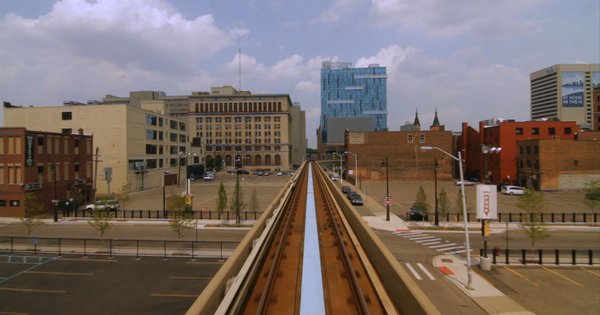
Urbanized
Gary Hustwit (U.S. 2011)
From Brasília to Copenhagen to New York City to Cape Town, Urbanized explores what the purpose of urban planning is—or should be—at the start of the 21st century. Drawing on a lively collection of conversations with architects, planners, thinkers and policymakers, Hustwit’s documentary focuses on the people who make the city’s environs a built reality. If Urbanized sticks close to the experts and enthusiasts in its case studies, it nonetheless finds space for the unruly in its designs.
Tuesday, November 17 at 7pm
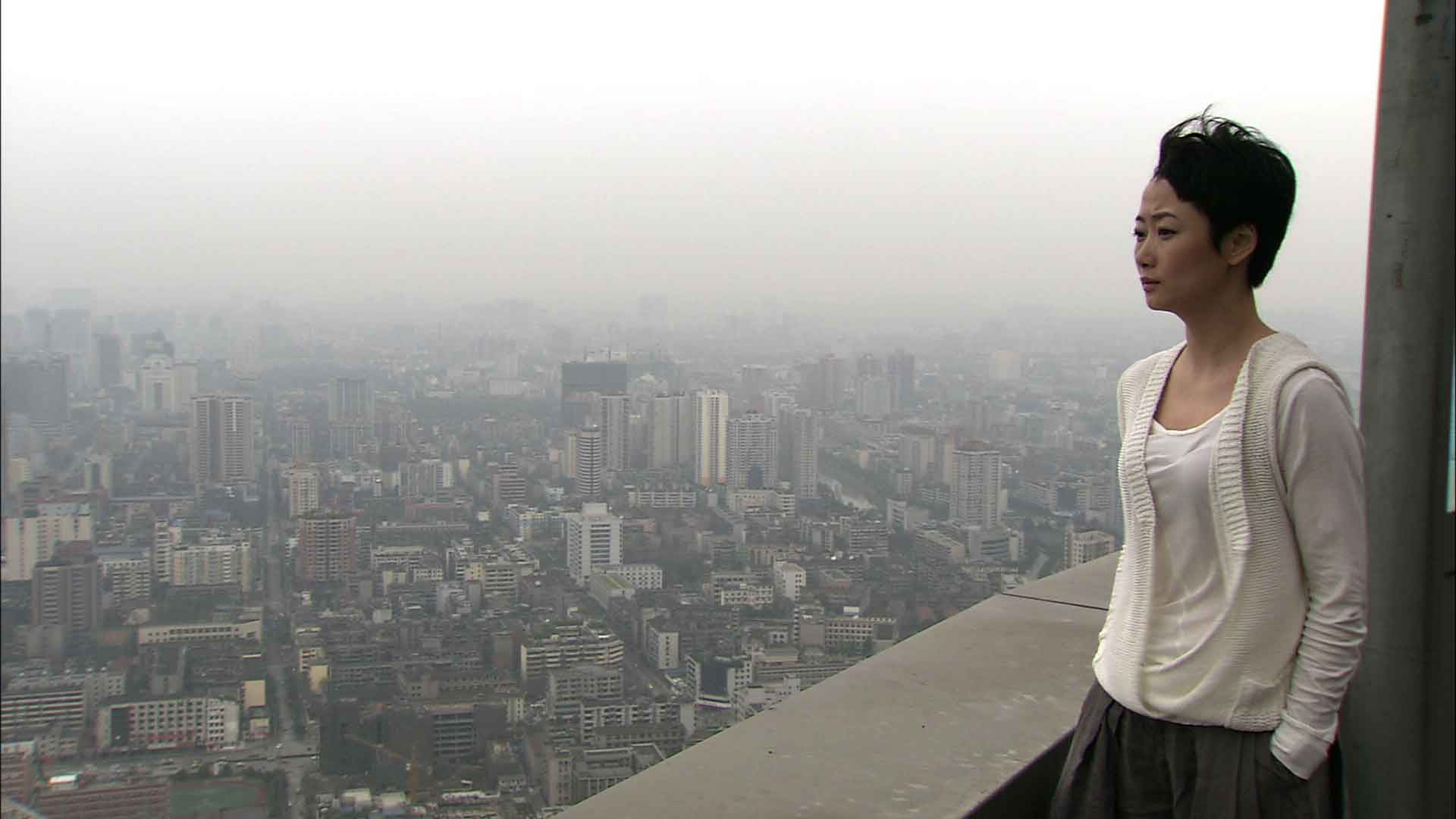
24 City
Jia Zhangke (China, 2008) 35MM.
What do a state owned aeronautics factory and a luxury apartment complex have in common? They form the two-sided coin of Jia Zhangke’s mesmerizing film about postsocialist transitions and futures in Chengdu. Mixing interviews with factory workers and dramatic retellings of worker narratives, Jia manages to bring a disappearing way of life into sharp, melancholic focus. As one critic elegantly puts it, Jia’s film is “…one of the saddest films I have seen for many years, and that never-entirely-articulated sense of sadness and loss washes around the screen like a bout of oppressive weather…24 City is an austere kind of realist poetry on screen” (Peter Bradshaw, The Guardian UK). Co-sponsored by Bucknell’s China Institute.